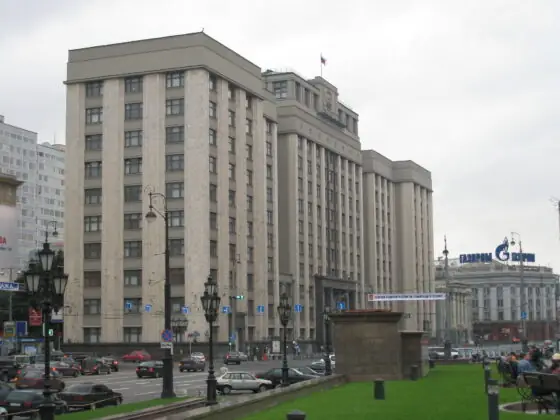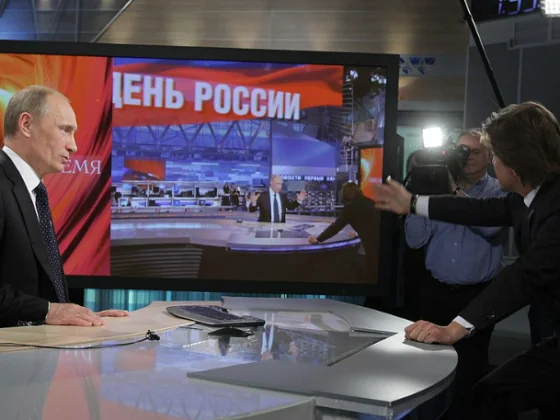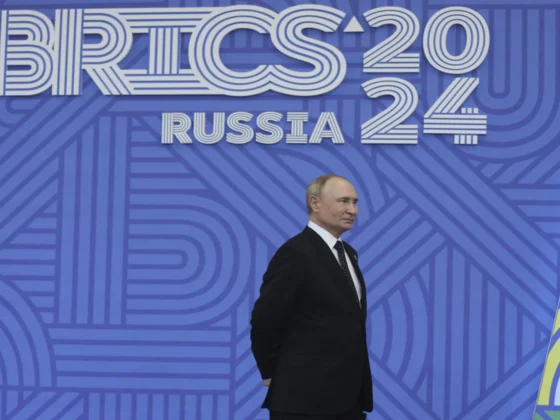Once again, forthcoming elections in Russia—parliamentary in December 2011 and presidential in March 2012—are about a transfer of power. With expected changes to the roster of MPs as well as in the positions of prime minister and president, the political landscape will be new after the 2011-2012 electoral cycle.
The fact that Prime Minister Vladimir Putin chose a tandem model in 2008 that separated formal and real leadership roles, and provided no power to President Dmitry Medvedev, means that once again the system will experience a turbulent period. This is partly due to the timeframe of the upcoming cycle. Unlike in the past, when parliamentary deputies and the president were elected for four years apiece, the former will now be elected for five years and the latter for six years. This makes the upcoming election cycle the last for a while when presidential elections will take place soon after parliamentary elections. This pair of elections thus heralds the end of one stage in Russia‟s political development and the start of another. This could be the last election cycle in which Putin plays an epoch-making watershed role. […]








